On August 28th, it was David Fincher’s 60th birthday, and he came to his golden age as a director. In David Fincher 30-year film career, he has actually made only 11 films. Not exactly prolific, but definitely considered high quality.
After paying tribute to ‘Citizen Kane’ with ‘Mank’, Fincher is preparing a new film ‘The Killer’, which seems to return to his “noir suspense The Killer’, the new film Fincher is preparing, seems to return to its own “noir suspense” film canon. Of course, this is the Fincher that many fans would like to see.
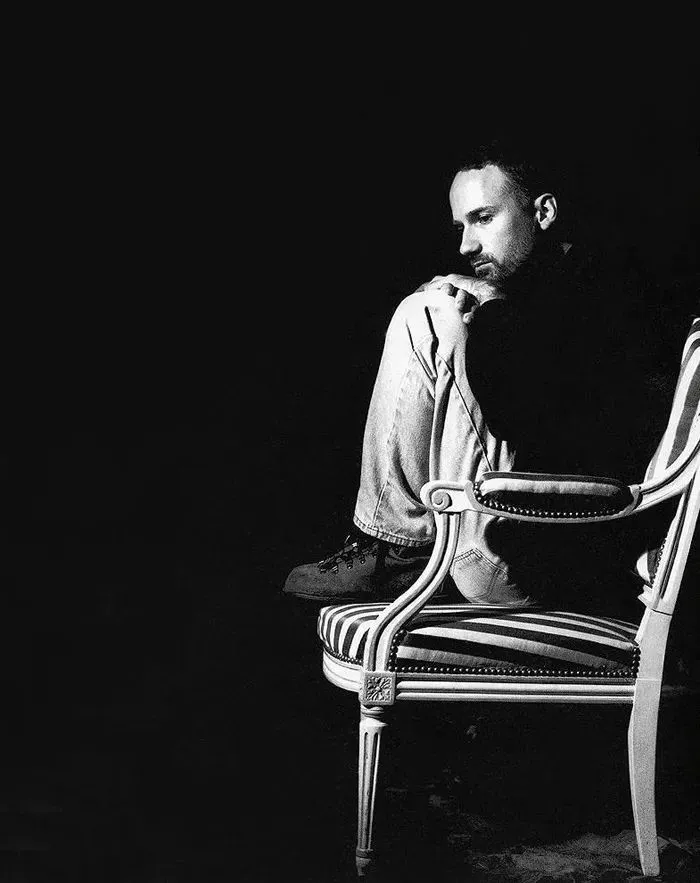
Keywords
Keyword one: anti-film
Coming from a background of shooting commercials and MTV, David Fincher has naturally never paid attention to the rules and regulations of cinema, so many aspects of his work are anti-cinema.
In traditional films, the character arc is expressed in a U-shaped structure, falling from the top to the bottom and then rebounding from the bottom. In Fincher’s film, the “bottoming out” part is missing.
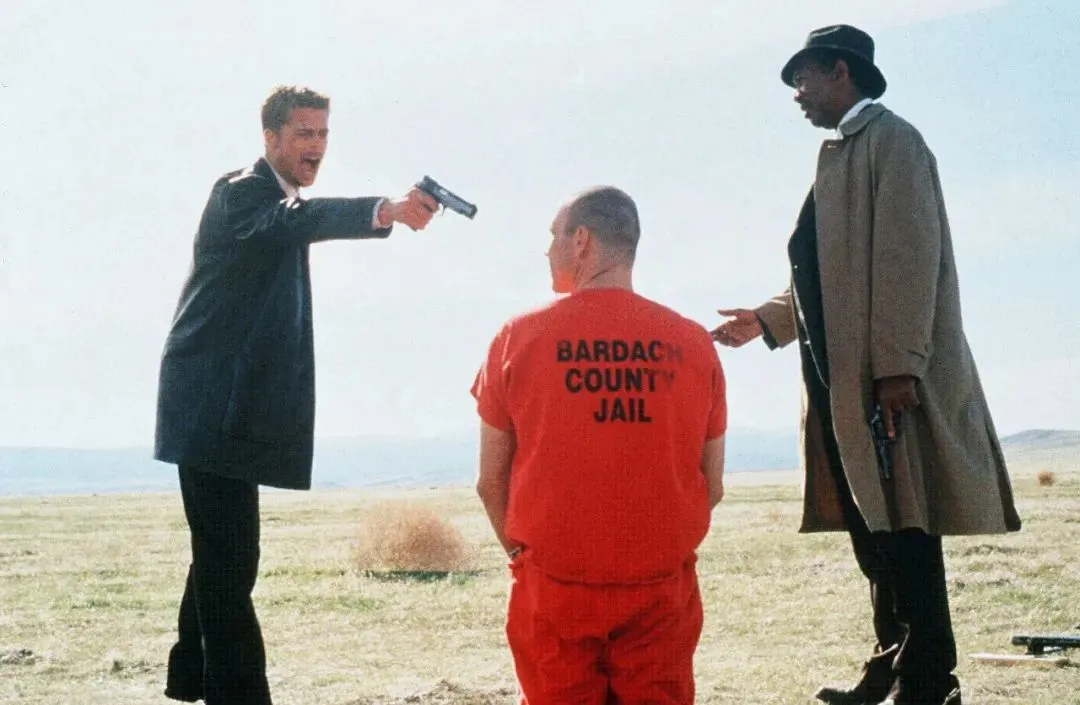
In ‘Se7en’, Fincher uses brutal imagery to express violence precisely because he knows that audiences have expectations about what rises after the bottom line: that the detective will finally catch the culprit and that light will finally come to the dark city.
But he trampled on this line, as a symbol of justice, the police, and finally even helped the criminal “perfect implementation” of his criminal plan.
After 7 days, the sin has not diminished; the next 7 days will not make a difference.

Such a script does not serve the audience’s aesthetics, but rather seems reasonable for the director’s aesthetic aspirations.
The soul of the whole film is that “sin is inherent, but people are blind to it”. In this way, the film’s “no beginning, no end” is closer to the reality of the “legal dilemma”.
Fincher’s film, moreover, is still anti-climactic.’ Zodiac’ in which the escape of the sole survivor is all but ignored, and the story jumps directly to the paragraph in which she is rescued.
In ‘Gone Girl’, the story is constantly interrupted and the audience is forced to find a logical self-reference from his narrative.

Fincher did not want to make a simple feature film; he wanted the audience to participate in the rhythm of the narrative.
‘Gone Girl’ is no longer a pre-determined product, but is constantly re-interpreted as the plot develops; the previous episodes, too, are constantly given new narrative functions.
The process of audience reception becomes a part of filmmaking – there is no doubt that this process of audience participation in the narrative and acceptance of the outcome is not a function of the film, but an integral part of the advertising narrative.
Keyword two: modern mythology
Religious elements, too, abound in Fincher’s films.’ In ‘The Girl with the Dragon Tattoo’, fundamentalism becomes the motive of the murderer. Not only are the victims Jewish, but the perpetrators follow strictly the methods mentioned in the ‘Scripture’.
In this way, mortal man hopes to arrogate to Jesus the function of a savior. But paradoxically, mortal man carries original sin from birth, and when he becomes the judge, he cannot avoid making religion the scapegoat for the slaughter.

In ‘Fight Club’, Tyler builds his religion on the model of Jesus’ missionary work, selecting the Twelve Disciples and using “combat” to cure his chronic illness; he uses great arguments and rhetoric to strengthen his religion. He used great arguments and rhetoric to strengthen the foundations of his religion.
Tyler’s self-murder and resurrection, in turn, correspond to the miracle of Jesus.
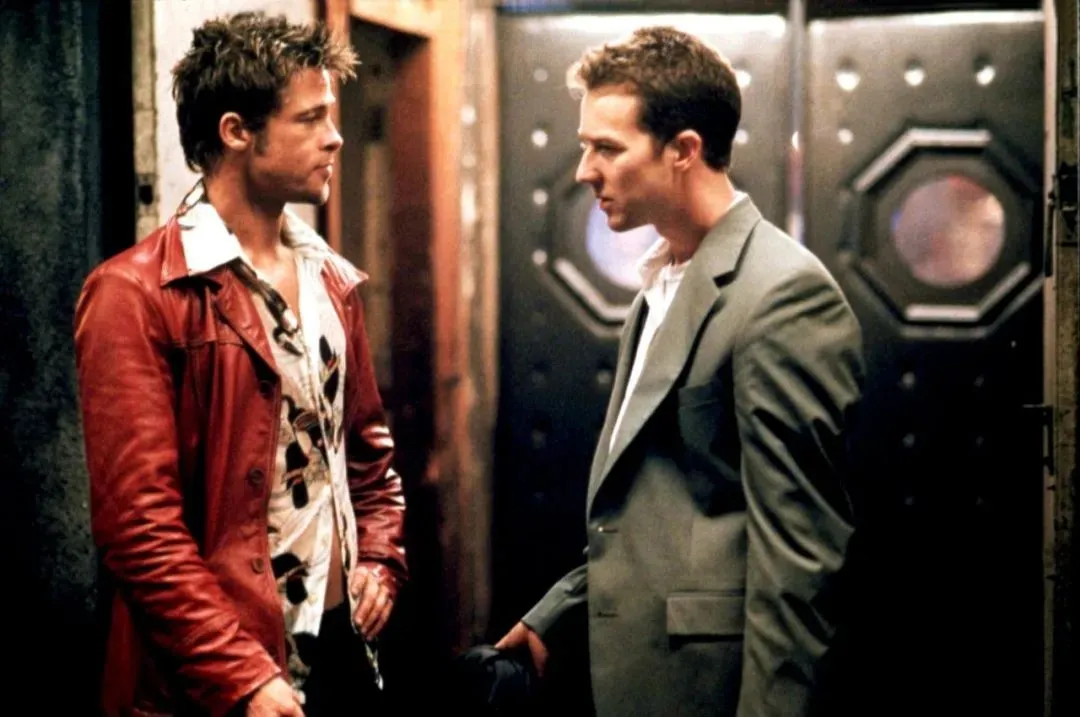
But Fincher here insinuates Christianity with anarchism; and by adding mass fanaticism and violent dystopia to the story, it is clear that he gives religion a whole new perspective.
This is especially true of ‘The Social Network’, which caused an uproar because it didn’t win an Oscar.
In the film, Fincher sets up a man who is sure to turn against the people – Zuckerberg.
He was firmly on a set path from the beginning, even if he lost his close friends and family for it.
Superficially, he was a step-by-step man who reached the most successful position; but in a cultural sense, he also became the loneliest man in the world when he reached the peak of his own power and wealth.

In the final scene of the film, everyone leaves, leaving Zuckerberg alone, continuing to pound away at his keyboard.
This is typical of Greek mythological writing, a narrative trope of the Western literary canon. Standing in the perspective of the narrative, this is again a typical and clear story of Oedipus.
Keyword three: photography technology faction
Fincher is one of Hollywood’s rare “techies”, especially in his inventive use of cameras and special effects.
This skill, not from directing school, but from his years of experience in commercials, MTV and special effects work.
It is often said that there are a million ways to take a shot. But here at Fincher, there are only two: the right one and the wrong one.
When shooting his debut film ‘Alien³’, Fincher began to deliberately work on the photography. A large number of close-ups, the repeated use of dissolves, the character’s face big contrast lighting effects, all make the film cloaked in “black magic” effect.
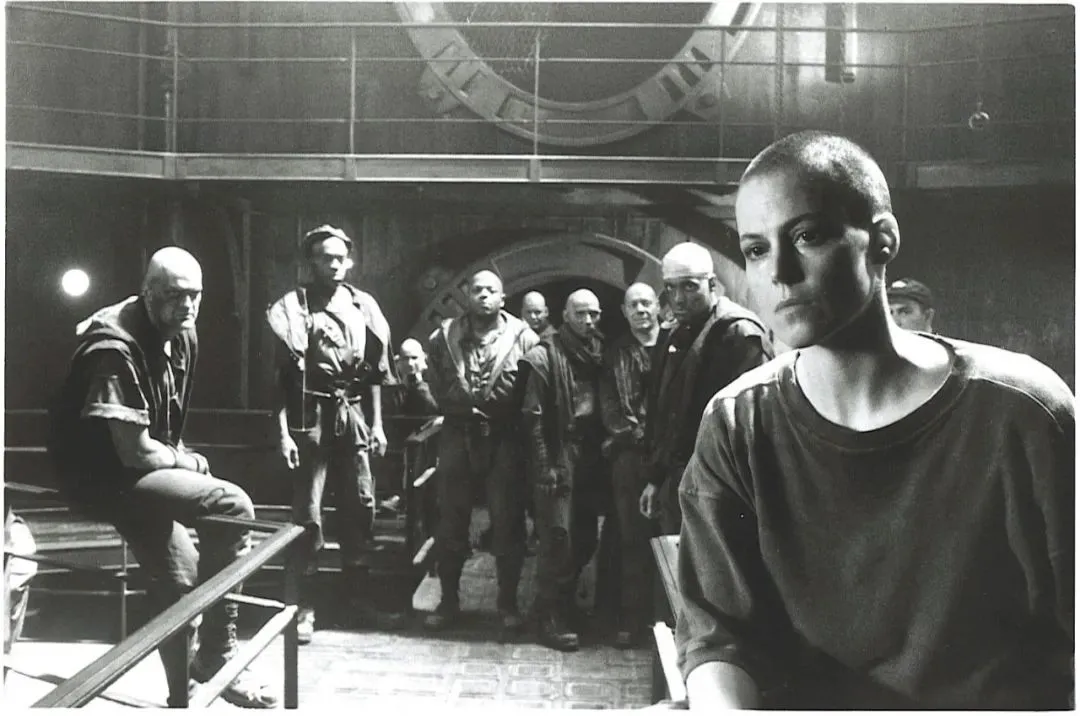
Fincher created the visual effect of “alien subjective lens” on the screen. The distortion effect is amazing. It also shows the isolation, hatred and inability to escape between species.
While shooting ‘Se7en’, Fincher decided to expand on the “low key lighting method” pioneered by Gordon Willis and ‘The Godfather’.
In the first shot, the dark night, the pounding rain and the faint light of the two flashlights create a depressing atmosphere.
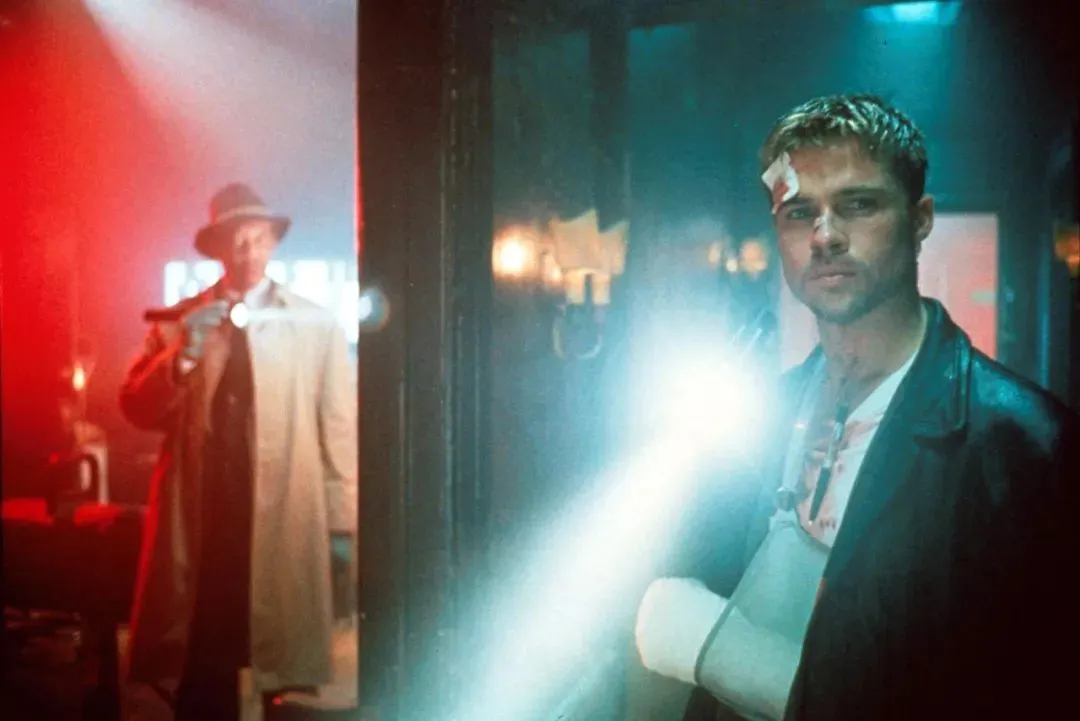
After years of shooting MTV, Fincher is particularly interested in the study of camera techniques. Together with Kevin Haug, he has expanded the expressive power of digital photography with films such as ‘Fight Club’, ‘The Game’ and ‘Panic Room’.
As for ‘Mank’, which received the ASC Association Award, it is a digital technology that exquisitely simulates the grayscale characteristics of infrared black and white photography.

If ‘Roma’ rewrites the cliché that “digital is no match for black-and-white film,” this analog of ‘Mank’ completely rewrites the expressive power and scope of digital black-and-white.
The last time a feature-length film was shot on infrared film with impressive results was 1964’s ‘I Am Cuba’.
The unreliable narrator
Fincher was born in the 1960s and grew up in the Beat Generation, full of dissatisfaction with American society. He didn’t want to go to film school to learn anything, saying he didn’t want to “make a movie in a stable way”.
Always working behind the scenes, there was nothing to get ahead, but Fincher understood after a few years of work that his goal, still, was to direct.
Fincher has never been quite sure if the Hollywood formula works, even though the narrative has been remarkably effective. Fincher, however, still wants to adapt it.

Fincher’s greatest contribution to the feature film lies in a certain inconsistency between his narrative logic and the audience’s perception.
The unreliability in values and judgments highlights his irony, forcing the audience to develop a new understanding of individual morality and to rethink human nature.
In ‘Se7en’, John is a serial killer who misjudges that he is knocking foolish people awake; he feels that the murders he commits are masterpieces, and a huge gap is created between his actions and the narrative. Mills, on the other hand, falls into his trap and smiles at the crime of rage committed.
If the story ended there, it would at best be a certain transformation of Hollywood. But Fincher also set a Somerset perspective, so that the audience implicitly perceives that the author does not agree with this idea.
Thus, for the negation of the negation again, there is not an affirmative value judgment. fincher’s subversiveness to Hollywood, thus, arises.
In the second half of ‘Gone Girl’, Nick expresses his love for Amy in the media in order to escape the charge of murder; and Amy goes along with it and returns to Nick’s side.
At this point, the audience can already understand that underneath the calm marriage is depression and panic.
The thematic shallowness is also the reason why Fincher has been criticized and failed to gain recognition from the Academy. In the Academy’s evaluation system, he excels at reversing the plot, the noir style, not so much for his directorial ability as for his screenwriting and cinematography skills.
Therefore, Fincher only got two Oscar nominations for Best Director, justifiably.



